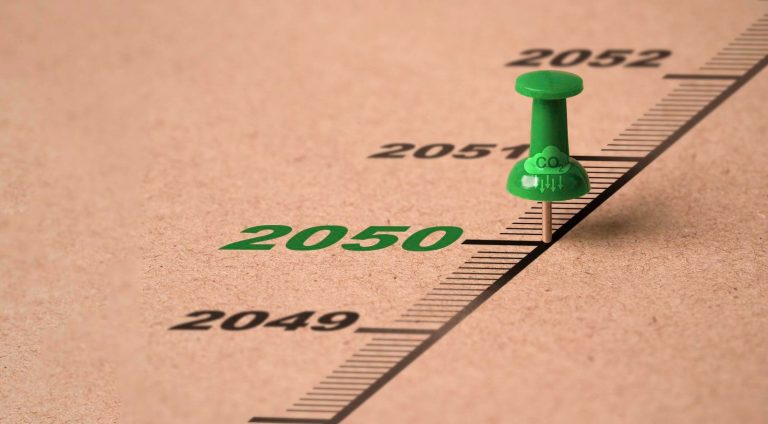The future has always been uncharted territory, but now, more than ever.
The future has always been uncharted territory, but now, more than ever, there is a future The collective urgency to understand what lies ahead.
The choices we make today, both as individuals and as a global community, will undoubtedly shape the course of tomorrow.
Predicting the future is not just an exercise in forecasting; It is a vital tool for visualizing the possibilities that lie ahead. The process of looking to the future allows us to explore potential scenarios and prepare for challenges and opportunities that may arise. It serves as a compass that guides us in making informed decisions to impact the world positively.
As we stand on the verge of unprecedented technological advances in artificial intelligence, environmental concerns, and societal transformations, the need to proactively shape our common destiny is becoming increasingly clear.
Through informed speculation, we can identify areas where intervention is critical, imagine innovative solutions, and work collaboratively toward a sustainable, just, and harmonious future.
This is an invitation to participate in shaping a better world for future generations.
Technology integration: By 2050, technology will likely be seamlessly integrated into everyday life. Augmented reality, virtual reality, and artificial intelligence will become commonplace, changing the way we work, learn, and interact.
Sustainable living: The urgency of climate change will drive a global shift towards sustainable living. Renewable energy sources, green technologies, and circular economies will be the norm, with cities designed to have only a minimal impact on the environment.
Space exploration and colonization: The human presence in space could be more established. Space tourism will become a reality, allowing more civilians to experience the wonders of the universe.
Healthcare revolution: Advances in telehealth and medical technology may lead to personalized medicine, gene therapies, and breakthroughs in disease prevention. Nanobots and wearable devices will continuously monitor and enhance our mental health.
Artificial intelligence in governance: Governments will benefit from artificial intelligence for efficient public service provision, decision-making, and policy implementation. Smart cities with interconnected systems will enhance urban planning and resource management.
Cybersecurity challenges: As technology advances, the complexity of cyber threats also increases. Ensuring strong cybersecurity skills and measures will be crucial to protecting sensitive data and preventing large-scale disruptions.
Biotechnology transformations: Advances in biotechnology will dramatically extend human lives, create genetically modified organs, and open new horizons in treating genetic diseases. The ethical considerations surrounding genetic modification will be of great importance.
Global Connection: Hyperconnectivity will facilitate instant communication and collaboration on a global scale.
Development of work and education: Traditional work structures and educational systems will evolve. Remote work and online education could become more widespread, offering flexibility but also raising questions about workforce dynamics and social interaction.
Mind-computer interfaces: Brain-machine interfaces may enable direct communication between the human brain and computers, revolutionizing how we access information and interact with technology and the people around us.
The biggest surprises of 2050 It may lie in the unexpected ways in which humanity adapts and innovates in response to the challenges and opportunities of the time.
How do you envision 2050?

